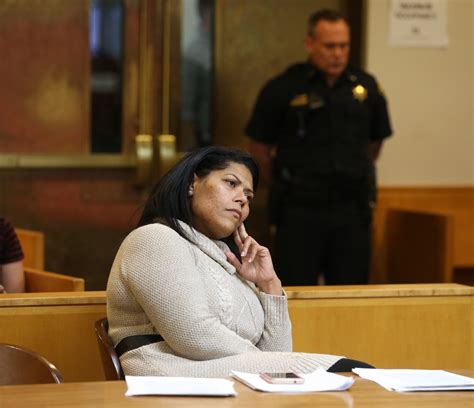The Role of the Judge in NY Gun Charge Cases
New York has some of the strictest gun laws in the nation, making navigating a gun charge incredibly complex. Understanding the role of the judge in these cases is crucial for anyone facing such accusations. The judge's influence extends far beyond simply handing down a sentence; their decisions shape the entire legal process, impacting everything from pretrial motions to the ultimate disposition of the case.
What Happens Before Trial? The Judge's Influence
Before a trial even begins, the judge plays a significant role in several key areas:
Setting Bail: One of the judge's first actions is determining bail. This decision considers the severity of the charges, the defendant's criminal history, and the risk of flight or danger to the community. High bail amounts can significantly impact a defendant's ability to prepare their defense, highlighting the immense power the judge wields at this early stage.
Ruling on Motions: Throughout the pretrial phase, both the prosecution and the defense will file motions. These could include motions to suppress evidence (arguing that evidence was obtained illegally), motions to dismiss the charges, or motions related to discovery (access to evidence). The judge presides over these hearings, carefully reviewing arguments and evidence before making a ruling, which can dramatically affect the trajectory of the case.
Overseeing Plea Negotiations: While the prosecution and defense conduct plea negotiations, the judge remains a pivotal figure. They may participate directly or indirectly, guiding the process and ensuring that any plea agreement is fair and complies with the law. A judge's willingness to accept or reject a plea bargain can significantly impact the outcome for the defendant.
During the Trial: The Judge's Authority
During the trial itself, the judge acts as the impartial referee, ensuring fairness and adherence to legal procedures:
Managing the Courtroom: The judge maintains order in the courtroom, ruling on objections from both sides, controlling the flow of evidence, and instructing the jury on the applicable law. Their decisions on evidentiary matters can significantly impact the strength of the prosecution's or defense's case.
Jury Instructions: At the close of the trial, the judge instructs the jury on the elements of the crime(s) charged and the relevant legal principles they must consider when reaching a verdict. These instructions are meticulously crafted and have a direct bearing on the jury’s deliberations and the final verdict. A misstatement or omission in the instructions can lead to an appeal.
Sentencing: The Judge's Final Decision
If the defendant is found guilty, the judge is responsible for imposing the sentence. This is a crucial stage where the judge considers various factors, including:
Sentencing Guidelines: New York's sentencing guidelines provide a framework, but judges have some discretion within those parameters. Factors such as the defendant's criminal history, the nature of the offense, and mitigating circumstances all play a role in the judge’s sentencing decision.
Considering Mitigation and Aggravation: The defense will present arguments and evidence in mitigation (factors that lessen the severity of the crime), while the prosecution might highlight aggravating factors (factors that increase the severity). The judge weighs these factors carefully before delivering the final sentence.
What are the potential penalties for gun charges in NY?
The penalties for gun charges in New York vary widely depending on the specific charge and the defendant’s prior record. They can range from significant fines to lengthy prison sentences, and even mandatory minimum sentences in certain cases. The severity of the charge determines the judge’s sentencing options.
How does the judge’s decision impact appeals?
Any errors made by the judge during the trial process—for instance, an incorrect jury instruction or an improper ruling on evidence—can form the basis of an appeal. The appellate court reviews the judge’s decisions to ensure they followed proper legal procedures.
The role of a judge in New York gun charge cases is multifaceted and pivotal. Their decisions, from pretrial motions to sentencing, profoundly impact the defendant’s fate. Understanding this crucial role is essential for anyone facing gun charges in the state. This information is for educational purposes only and should not be considered legal advice. Individuals facing gun charges should seek the counsel of a qualified legal professional.

